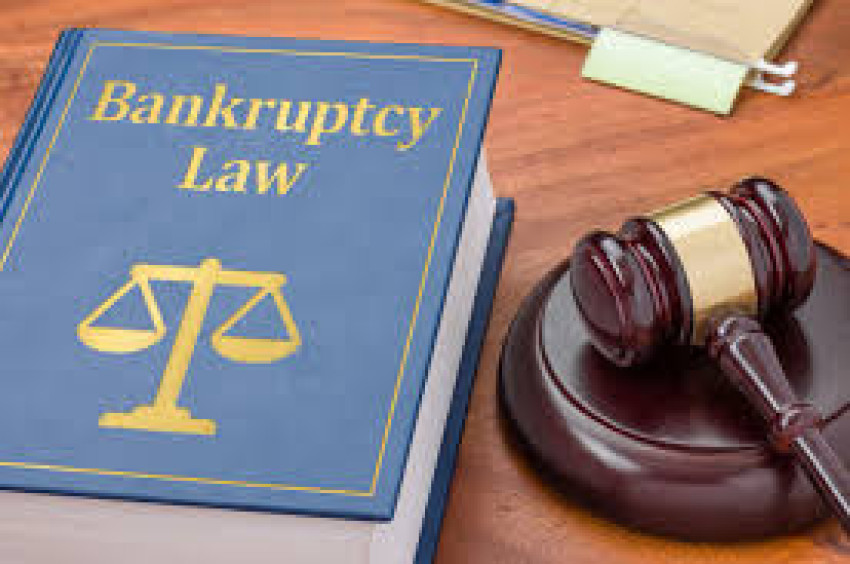
When you file, you will need to create a bankruptcy petition & complete various court form. It is best to seek the assistance of an experienced bankruptcy attorney, as these cases can be challenging. Complete the forms truthfully & to the best of your ability.
The Automatic Stay Goes into Effect
The automatic stay takes effect immediately after you file for bankruptcy in Texas. The stay stops creditors from contacting you or attempting to collect. This will also halt any foreclosure processes or repossessions.
341 Meeting of Creditors
After about a month, the court will schedule a section 341 meeting. This is a 5-to-10-minute meeting between the debtor 7 the trustee’s office to examine their bankruptcy plan. In the majority of consumer bankruptcy cases, creditors do not attend. If no plan can be devised, a judge will step in & construct one.
Your Bankruptcy Trustee Is Appointed
When you file for bankruptcy in Texas, a bankruptcy trustee will be assigned to your case. Their role is to look at all of your assets & analyze your budget to determine how much your creditors can receive.
Now, let’s take a deeper look at the process of filing bankruptcy
You’re Protected Right Away
Once your chapter 7 lawsuit is filed, nearly all collection efforts by creditors against you are lawfully halted. This compromise practically all methods of debt collection, including wage garnishments, lawsuits, judgements, phone calls, written or emailed invoices & collection letters, home & other real estate foreclosures, vehicle & furniture repossessions, & income tax liens. Furthermore, if a creditor continues to seek illegitimate collection, the bankruptcy court has the authority to punish them. As a result, practically all creditors halt immediately when they learn of a chapter 7 petition.
There are certain exceptions to this protection, but they are rather limited. A chapter 7 filing does not affect many types of responsibilities & legal actions, including as criminal penalties & proceedings, child support arrearage, & numerous domestic relations concerns.
Keep Your Property
In most chapter 7 cases, everything you own is exempt- meaning it is shielded from your creditors, as well as the chapter 7 trustee who acts on their behalf. Both federal bankruptcy law & state legislation specify which sorts of property & cash amounts are exempt. Texas allows you to pick between using its state exemptions. In general, Texas bankruptcy exemptions are far more generous than federal ones, but there may be times when the federal ones are preferable.
Discharge All Debts You Wish To
Except for a few exceptions, in the majority of Chapter 7 cases, all debts are discharged- legally written off. There are two types of exceptions: one involving your right to a discharge particular debt. in the unlikely case a debtor conceals assets or lies to the bankruptcy court or trustee in any major way, that debtor may lose the right to obtain a discharge entirely. Also, filing a new bankruptcy case too soon after an existing one may result in no debt discharge in the new case.
Mike Wallace Bankruptcy Lawyer Can Help You File for Bankruptcy in Texas
If you're considering filing for Chapter 7 or Chapter 13, our professional bankruptcy attorney in Texas can walk you through the process or help you find an alternative debt relief solution if bankruptcy isn't for you. So, in the most basic Chapter 7 case, whatever you own outright is exempt and you keep it all.


